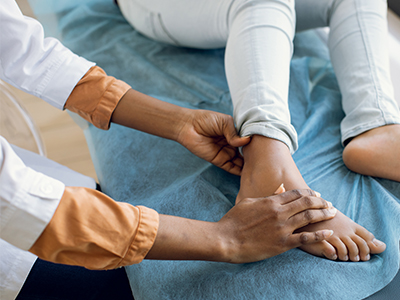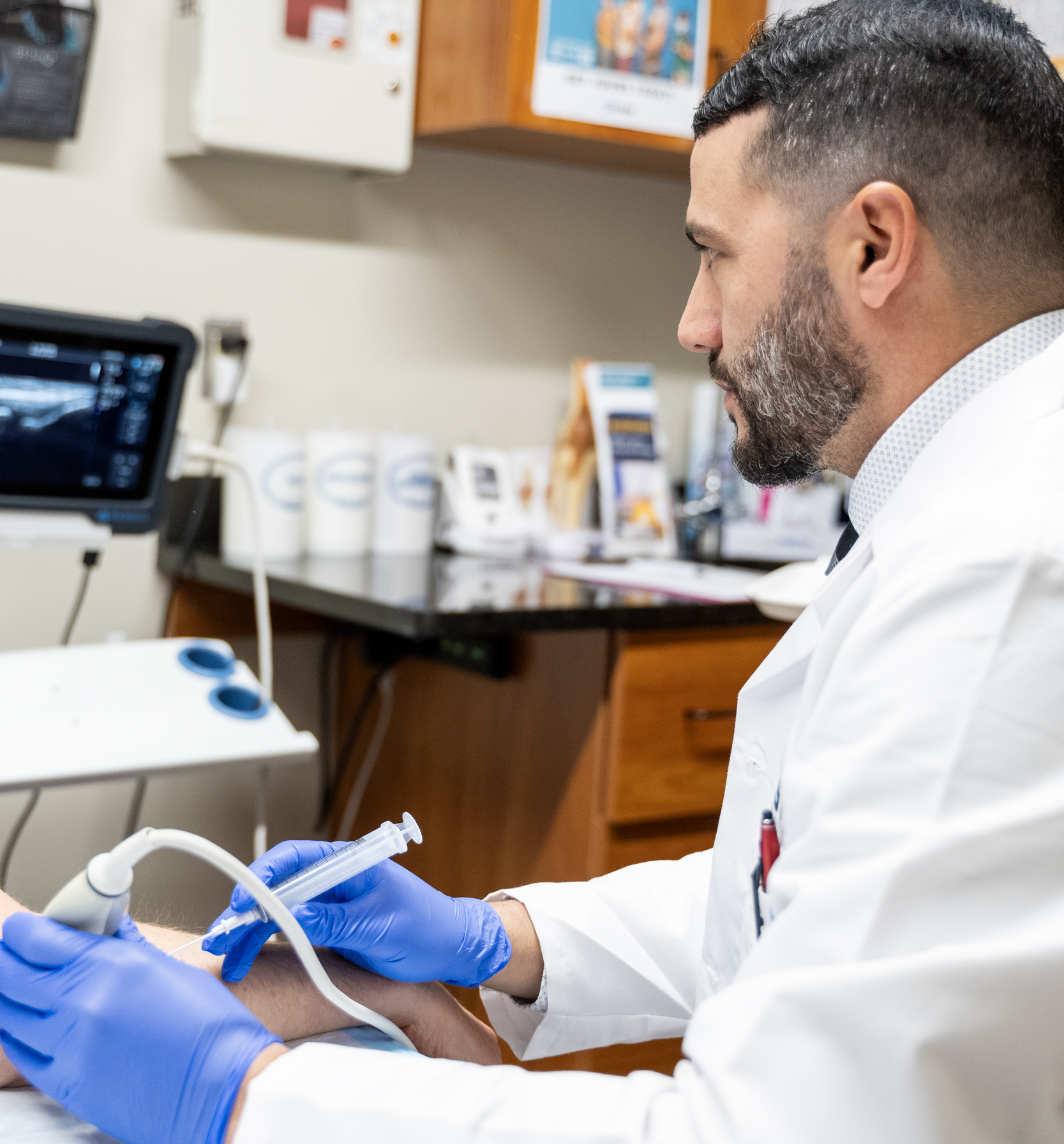STEM HEALTH SYSTEMS
Joint Pain
Are you suffering from joint pain? Is it getting in the way of things you love to do?
Our providers and staff at STEM have the knowledge and tools to help alleviate some of the pain you are experiencing. We treat joint pain of the Shoulder & Elbow, Hand & Wrist, Hip & Lower Back, Knee, and Foot & Ankle. To schedule a consultation, please contact us today.
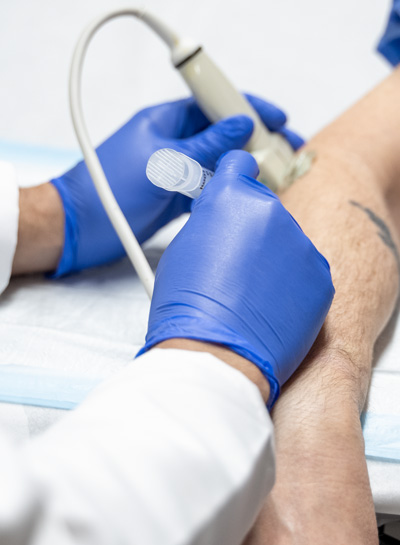
Areas of focus:
Shoulder & Elbow Pain
Hand & Wrist Pain
Hip & Low Back Pain
Knee
Foot & Ankle
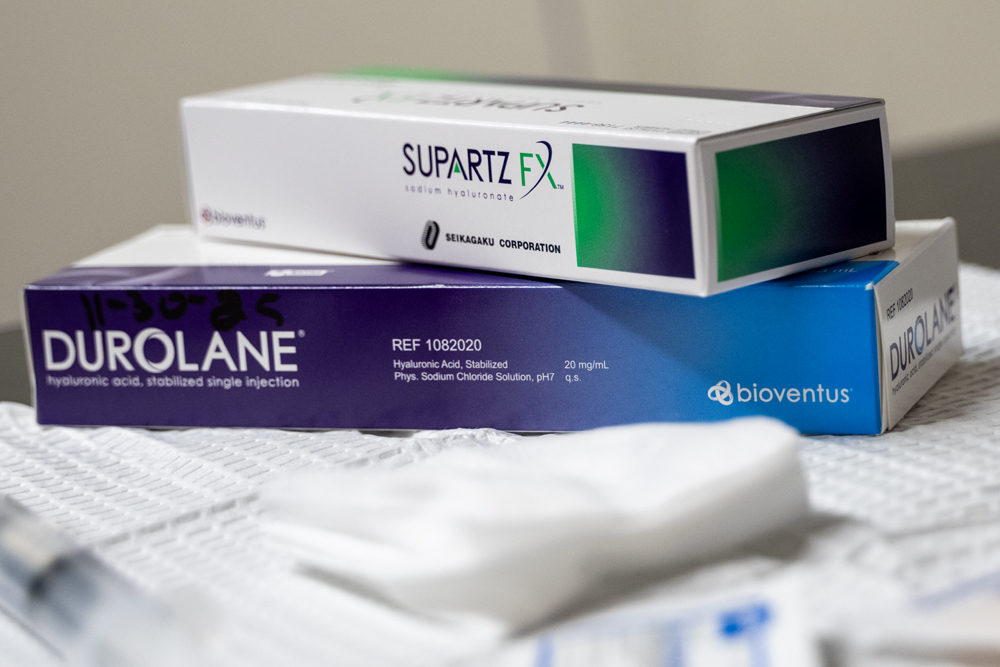
Visco Supplementation
During visco supplementation treatment for arthritis, your healthcare provider injects hyaluronic acid into your joint. This thick fluid may help reduce pain and swelling in your arthritic joint (most commonly, your knee). Hyaluronic acid provides lubrication and cushioning benefits, providing joint protection and mobility that may delay the need for surgery, while safely relieving knee pain for up to 6 months.
Dr. Mohammad Jondy performs visco supplementation injections under ultrasound guidance. These can be done in office at both locations – Frankenmuth and Clio.
Do gel injections work for bone on bone?
Research suggests that hyaluronic acid injections may work in several ways to reduce knee osteoarthritis symptoms.
What are the side effects of visco supplementation injections?
The most commonly reported side effects associated with the injections are temporary injection-site pain; swelling, heat, or redness; rash and itching; bruising around the joint; and fluid accumulation in the injected knee.
Are visco injections painful?
“Like any injection”, it may seem more painful to some people than others, but there should not be a lot of pain since a sharp needle is used and the joint may be numbed first with a local anesthetic.”
GELSYN-3
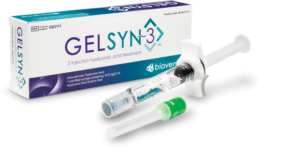 GELSYN-3 delivers hyaluronic acid in a series of 3 injections given one week apart and can provide lubrication and relieve knee pain for up to 6 months.
GELSYN-3 delivers hyaluronic acid in a series of 3 injections given one week apart and can provide lubrication and relieve knee pain for up to 6 months.
SUPARTZ FX
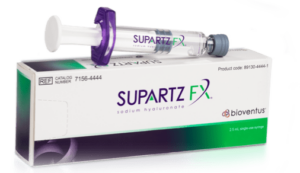 SUPARTZ FX is a 5-injection series of hyaluronic acid given one week apart and can provide lubrication and relieve osteoarthritis pain for up to 6 months.
SUPARTZ FX is a 5-injection series of hyaluronic acid given one week apart and can provide lubrication and relieve osteoarthritis pain for up to 6 months.
Steroid Injections For Painful Joints
Hydrocortisone injections are used to treat swollen or painful joints, such as after an injury or in arthritis. The hydrocortisone is injected directly into the painful joint. This is also called an intra-articular injection. Most often, these injections can be done in an office setting. The joints most often injected are the shoulder, elbow, knee, hand/wrist and hip.
Medications: What is a steroid joint injection? A steroid injection includes both a corticosteroid (e.g., triamcinolone, methylprednisolone, dexamethasone) and an anesthetic numbing agent (e.g., lidocaine or bupivacaine). The drugs are delivered to the painful joint, inside the joint capsule.
Dr. Jondy is Board Certified in Sports Medicine and performs these injections under ultrasound guidance at his Frankenmuth and Clio locations.
How long does it take for a steroid injection to work?
Although there is no way to precisely predict the body’s response to a cortisone injection, most patients will begin to feel relief of their symptoms within 48 to 72 hours after the injection. When inflammation is severe or if the condition is chronic, the cortisone might need several days to take effect.
What should I do after steroid injection?
- Protect the injection area for a day or two
- Apply ice to the injection site as needed to relieve pain
- Do not use a bathtub, hot tub or whirlpool for two days
- Watch for signs of infection, including increasing pain, redness and swelling that last more than 48 hours.
Possible side effects of steroid injections include:
- Pain around the injection site, ranging from minor to intense pain, which is often called a cortisone or steroid flare.
- Bruising around the injection site.
- face flushing for a few hours.
- thin or pale skin around the injection site.
Do steroid injections always work?
Not every patient will respond to a cortisone injection, but the good news is that most people find this to be an excellent treatment for many common inflammatory conditions. If your shot hasn’t worked after a few weeks, let your doctor know so that you can discuss the next steps in treatment.

